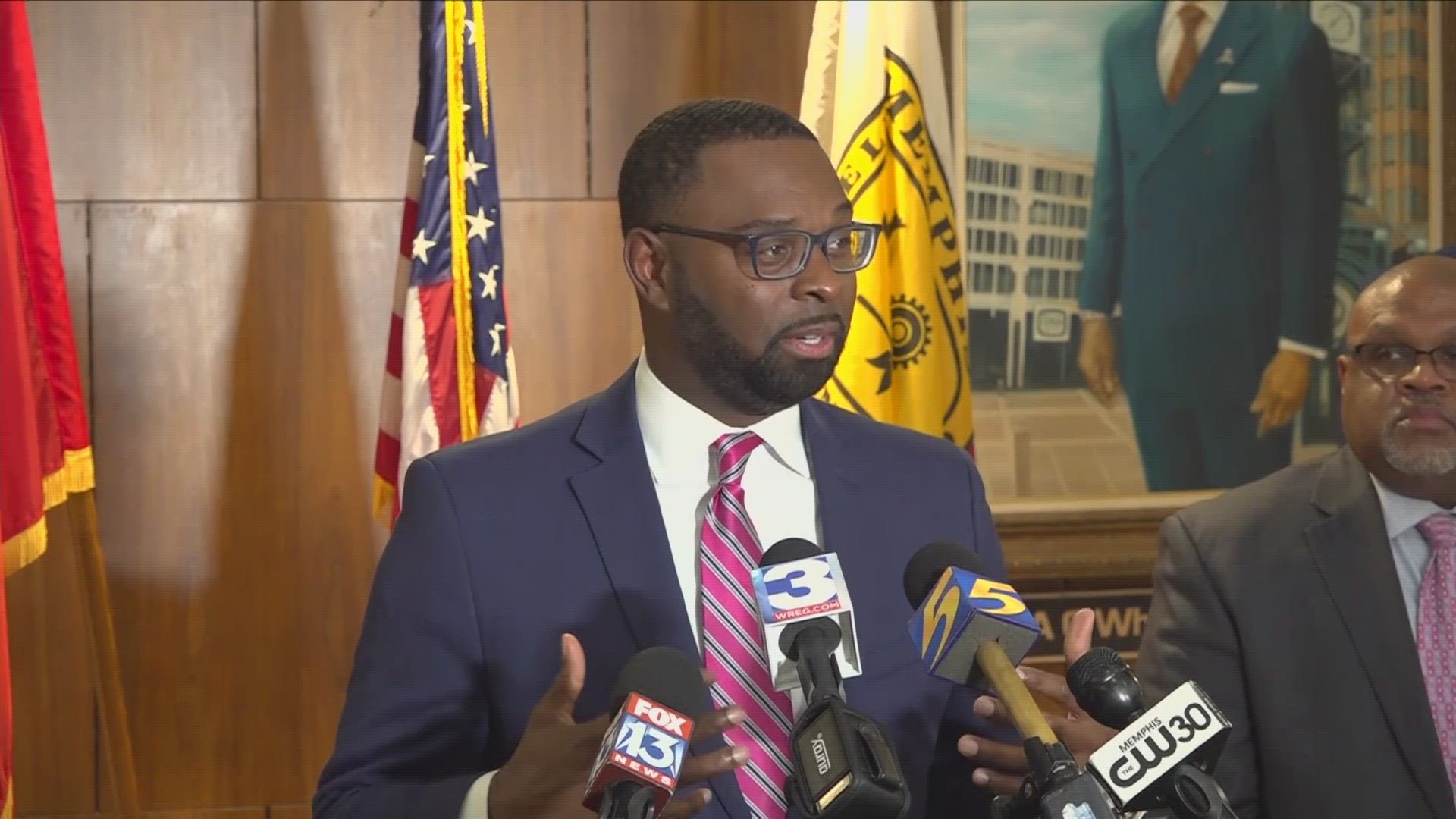MEMPHIS, Tenn. — Greater Memphis Chamber officials released a statement calling for elected officials to seek alternatives to the proposed tax increase Mayor Paul Young presented during Tuesday's Memphis City Council meeting.
The chamber's statement said that the city is currently a finalist in a half-dozen projects representing billions in new capital investment.
"At the Chamber, we speak with one voice representing both small and large businesses," the statement reads. "A property tax increase could have a chilling effect on our ability to attract future business investment.
"We are at the table and confident alternative solutions can be brought forth so that Memphis continues to meet any challenge with collaboration and a pro-growth business climate."
"In order to create the value that the community is expecting, we need revenues. We are in a situation where we haven't raised taxes since 2012, and the cost of everything has gone up since then," Young said during Tuesday's meeting.
Young said this tax increase was the last thing he wanted to do, but to make up for a shortfall and rising prices, it was necessary. Young said last week that the increase was to account for a $30 million shortfall in the city's budget.
If the 75-cent increase were to pass, owners would pay $188 more for homes that are $100,000, which will be $15.66 a month. $375 for a $200,000 house, resulting in $31.25 more a month. $563 for a home that costs $300,000, which is $46.92 more per month.
Mayor Paul Young announced his budget plan following his tax increase proposal. 72 percent of the budget is for city personnel.
MSCS is asking for at least $15 million over the next four years for school infrastructure and redevelopment of old buildings, including funds to help with 'chronic absenteeism.' That request is $10 million less than what Superintendent Doctor Marie Feagins asked for last week.
The mayor's proposal would also add $8 million to combat blight and litter. Young also wants $7 million for youth programming, such as basketball courts and accessible childcare. $3.2 million will go to the Office of Neighborhood Safety.
“This is a part of the public safety strategy,” Young told council members. “If we don’t engage these kids, they will find something else to do.”
Memphis City Council officials will ultimately vote to decide on this increase when they approve the budget later this spring.

